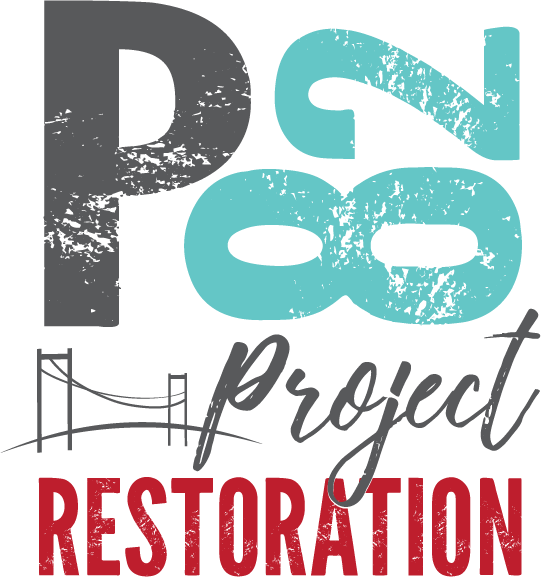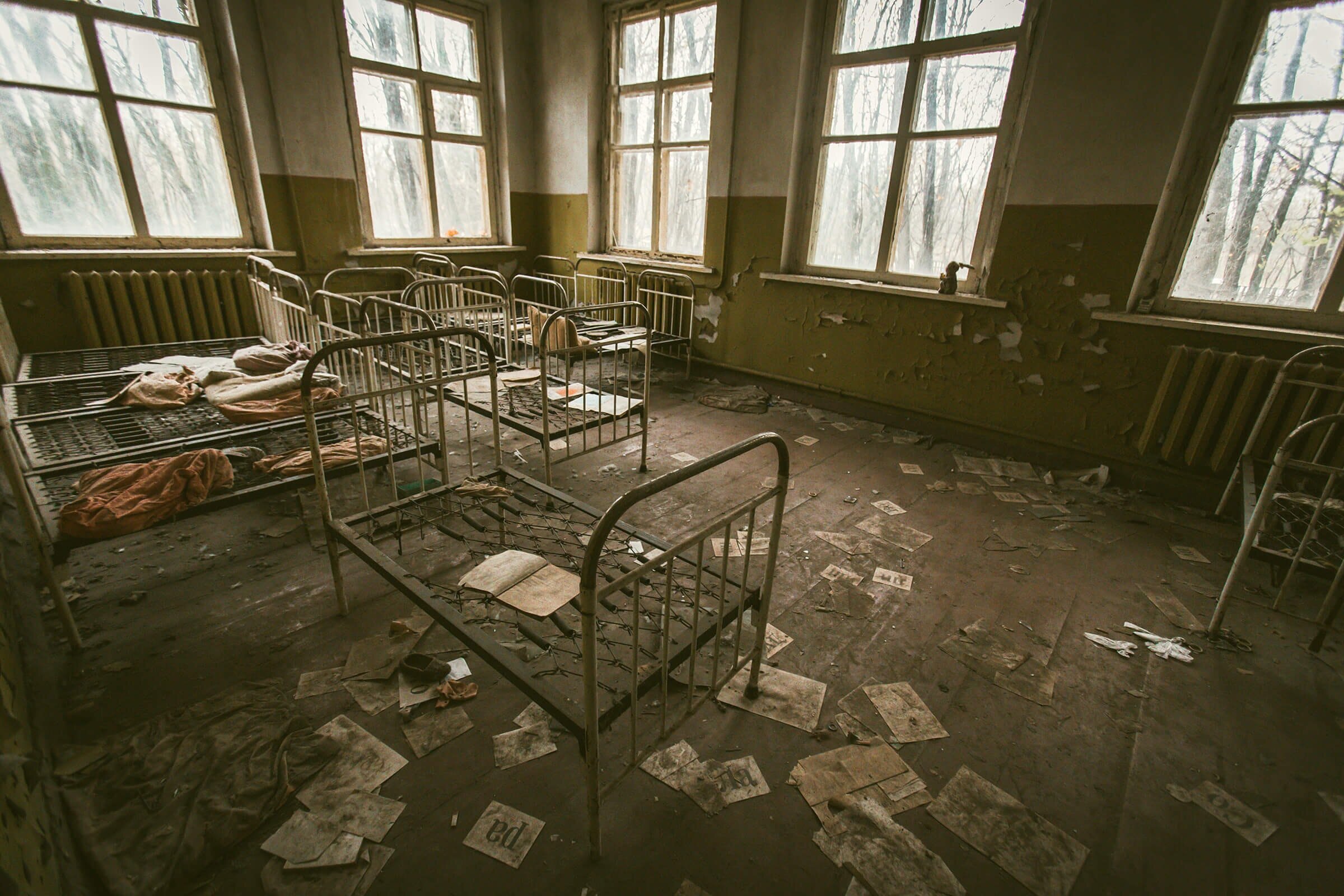Have you ever missed a standing meeting, and someone later asked if you were there? You realized they didn’t even notice you were gone in the first place. It seems worse than if you had been present. I mean, you really weren’t there, and they didn’t even notice that. It’s as if you were unseen twice.
It reminds me of another group of people who continue to be unseen right before our eyes. 1954 marked the beginning of the Civil Rights movement. Fourteen years our nation battled that enemy racism, which culminated in remarkable Federal changes thanks to so many who stood heroically in the face of unrelenting injustice. Around the same time, the nation was awakening to our failed psychiatric institutions. Ken Kesey writes, “One Flew Over the Cuckoos Nest” and he and his tongue dissolving LSD hippy pals cheer on the movement to free the mentally ill, all in the same name of civil rights.
Hindsight grants us the honor of surveying how well that idea worked out for millions of people suffering with severe mental illness who were trans institutionalized into our prisons for almost 6 decades. But who’s counting, right? How do you number time for people that can’t speak up in the first place?
Here we are again as a nation amid unrest. Cameras catching once unthinkable moments of death. We’re numb. We’re angry. The Black Lives Matter movement dominates the headlines. Yet people with untreated mental illness are 16 times more likely to be killed during a police encounter than other civilians approached or stopped by law enforcement, according to a study by the Treatment Advocacy Center.
I shared the tragic death of Marcelo Garcia on social media a week ago and really couldn’t find too much more about him other than local news. Honestly, I could share a story like this almost every other week. He was a man in a mental health crisis, he charged a police officer with a knife. The officer did all that he could to de-escalate the situation but in the end was forced to make a split-second decision. I kept waiting for the NY Times or CNN to pick this story up. Still waiting.
What I’m not asking for is equal airtime for all tragedies involving law enforcement. I’m simply pointing out this twice unseen people group, namely the seriously mentally ill (SMI). Cities across the country are contentiously battling the call to “defund the police” as if this is the catch all solution to what ails us as a society. Tear it down, start again! Is the rallying cry.
Yea, that never worked out very well for the mentally ill in the 60’s and it’s not looking good now.
Let’s consider why there are so many LE encounters with the untreated seriously mentally ill in the first place. In my own county of Maricopa, Arizona we have a waiting list for housing that is swelling toward 3,000 for people who are living with SMI. Our only state hospital has a neanderthal bed limit of 55 for a county that boasts of more than 4 million people and counting. Sure, we have robust Assisted Outpatient Treatment laws, but they only work well if you’re one of the lucky people to make it over the bridge from an Evaluation Center to the hospital if a bed is miraculously available. Arizona ranks near the bottom of the list for amount of public psychiatric beds per capita (yea AZ! You go!).
In short, if you are seriously mentally ill and you don’t have an advocate, you’re in trouble.
What we need instead of emotional activism, is clear thinking, robust advocacy. As my late friend and heroic advocate DJ Jaffe pontificated, what we need is mission control. We throw millions of dollars toward the homeless and mental health complexes only to see the numbers of unhoused and law enforcement encounters rise. I’m in touch with families every month who live in your neighborhoods and they’re in crisis. And I am not talking about inner cities, they are literally living next door to you. We only get concerned when it escalates to the evening news, and then we think we know what we’re talking about when we rage against the machine the next day on social media.
It’s time to create a platform for the untreated SMI in every community and state. We need to hold our elected officials accountable beginning with the top- our Governors. This only happens with consistent focus and advocates speaking up for those who cannot. This doesn’t happen without me or you. Every election cycle there should be an expectation of a clear plan forward or we risk allowing the vulnerable mentally ill being unseen twice.
I’m grateful for my local church, family and friends who openly support P82’s efforts to advocate and bring hope to families who are struggling. We need more of you. It’s easy to get into that car on a Saturday morning and volunteer to feed the homeless. It’s easy to give that person on the corner a few dollars from your console. But to truly make a difference, we should consider long term investments that include:
• time to write or call our local elected officials when bills are on the table. Follow ACMI for legislative updates in Arizona.
• time to invest in relationships with families in crisis and offering a helping hand. You can start by attending a Crisis Care team training event (coming soon!) or Caregiver Support meetings.
• time to invest in hiring someone with a serious mental illness or mentoring them in obtaining employment.
• time in speaking up on social media (it’s not everything, but it does help).
• time in prayer for the unseen vulnerable mentally ill and those called to this work.
• time in giving financially.
These investments are certainly not all encompassing, but they are a start. Let’s not allow this moment in time to eclipse our unseen seriously mentally neighbors in a cloud of emotional activism. Let’s be smart and intentional. Let’s respond to the call of Psalm 82:3–4,
“Give justice to the weak and the fatherless;
maintain the right of the afflicted and the destitute.
Rescue the weak and the needy;
deliver them from the hand of the wicked.”

